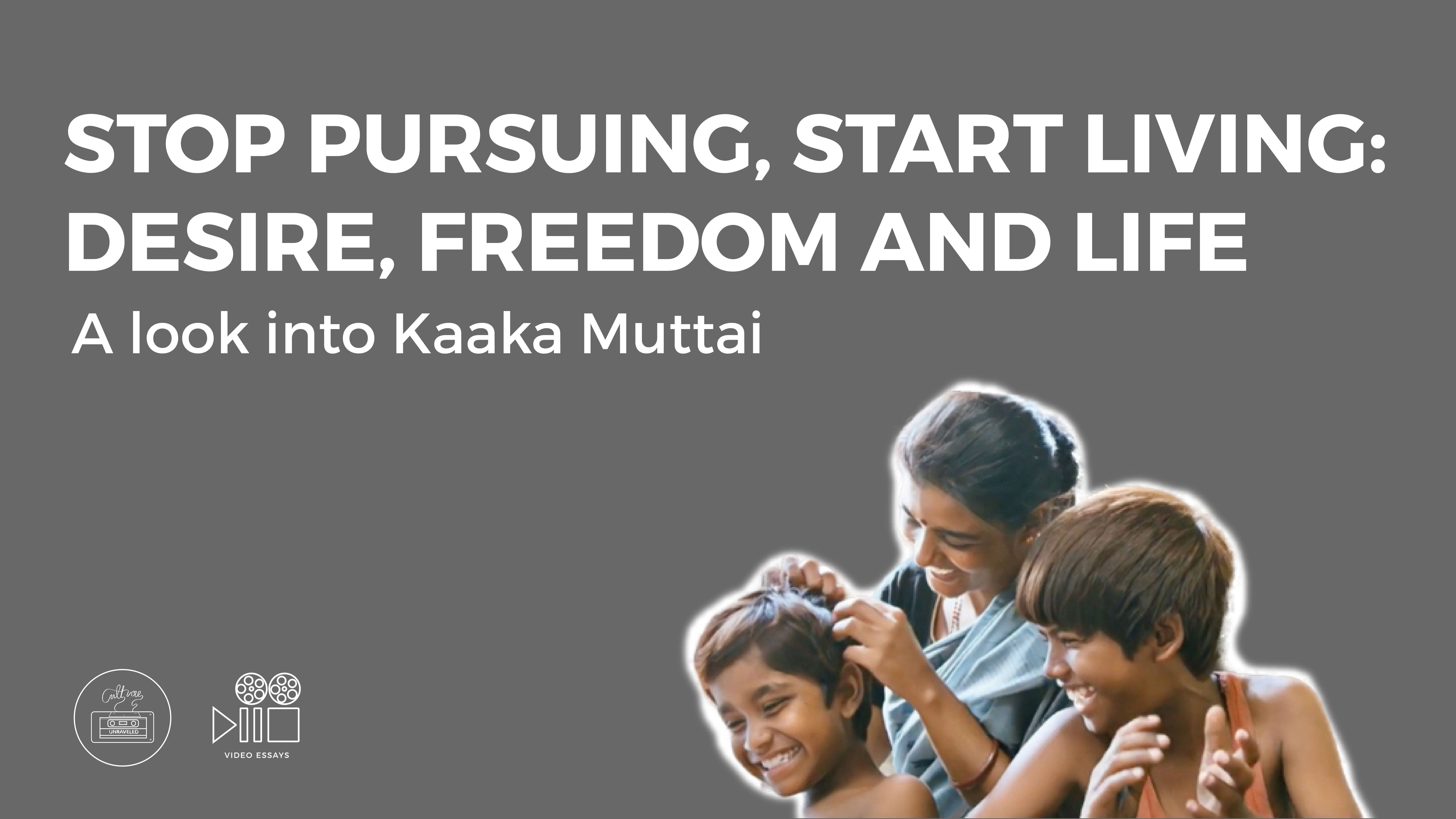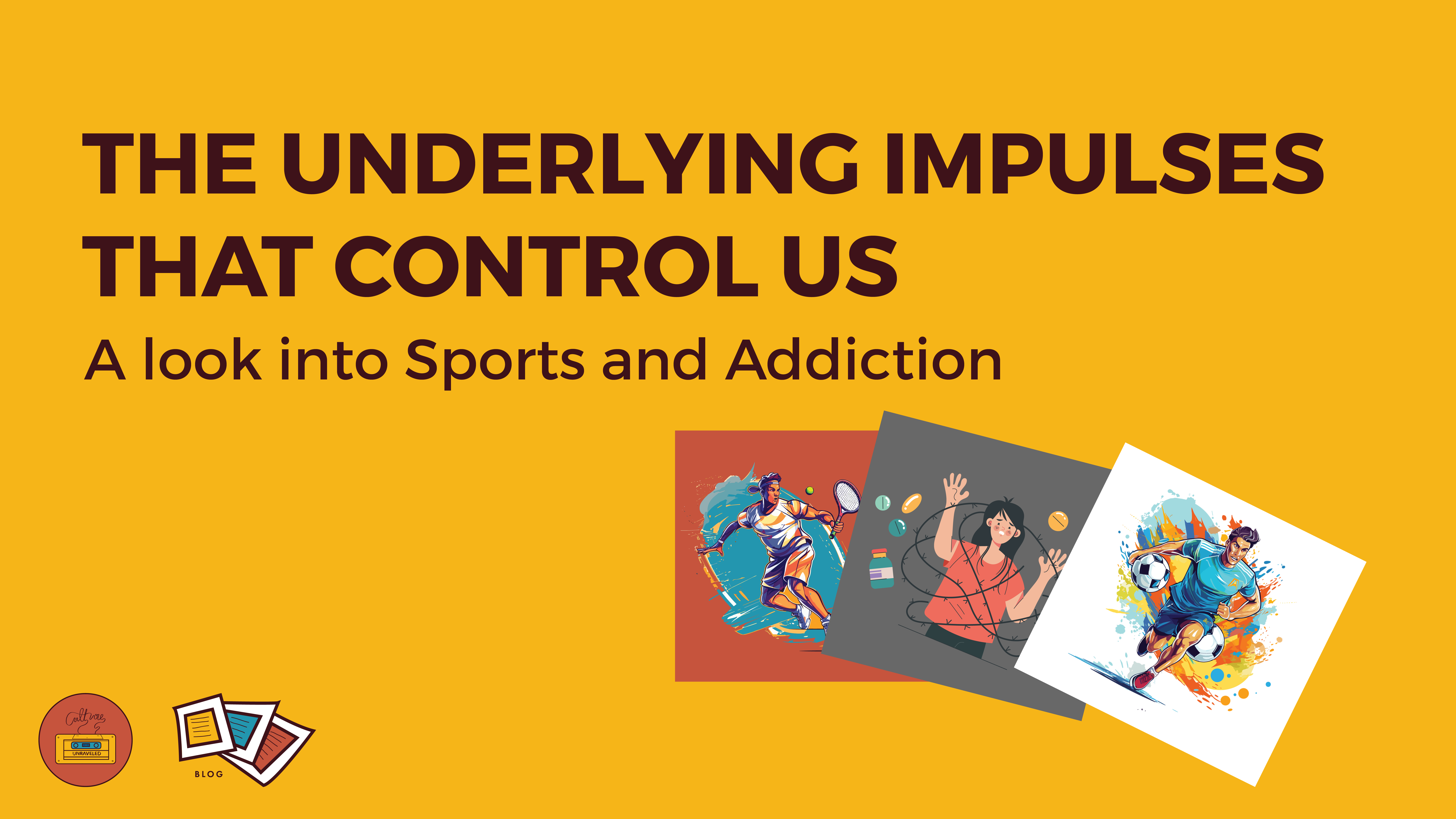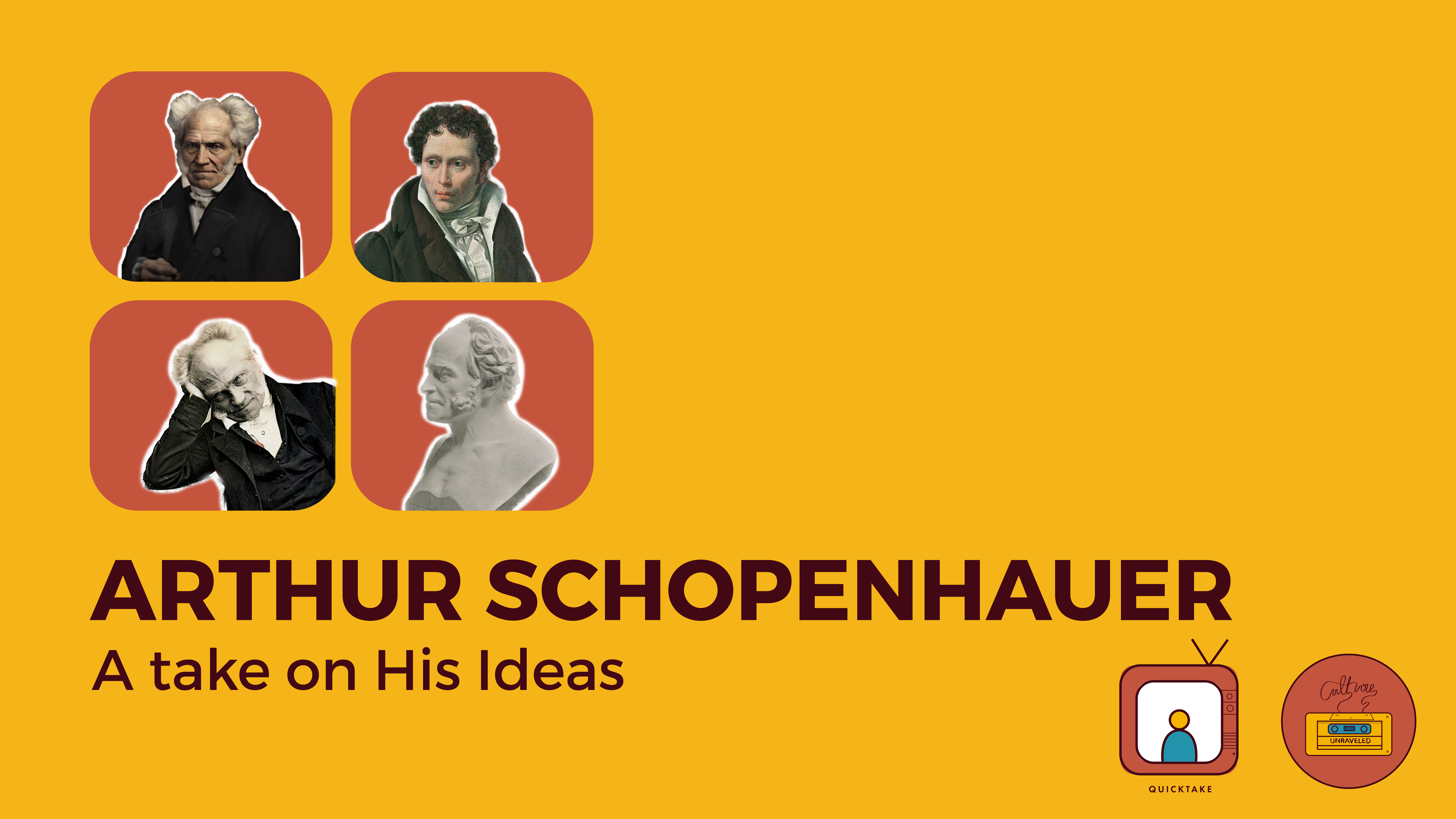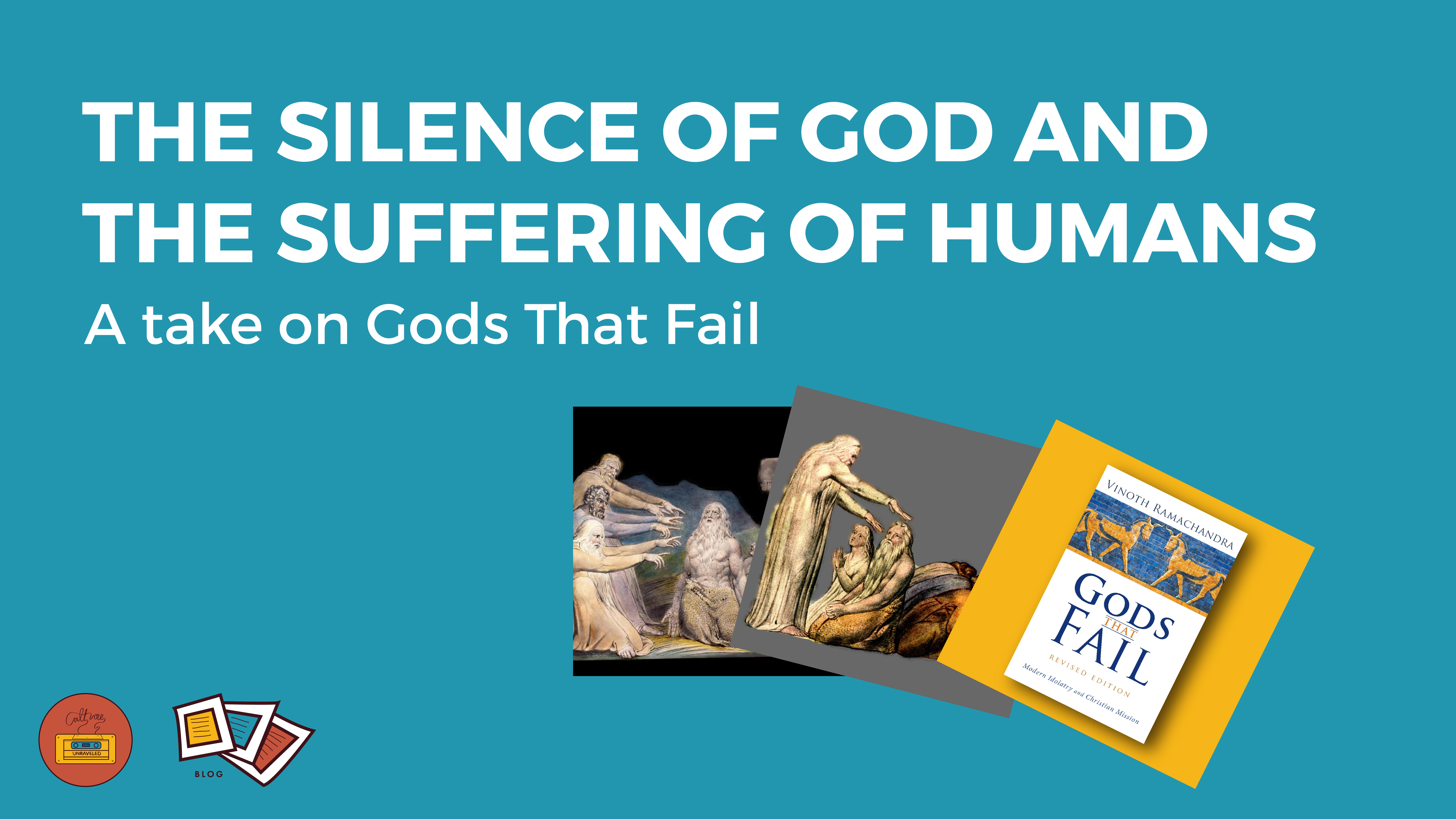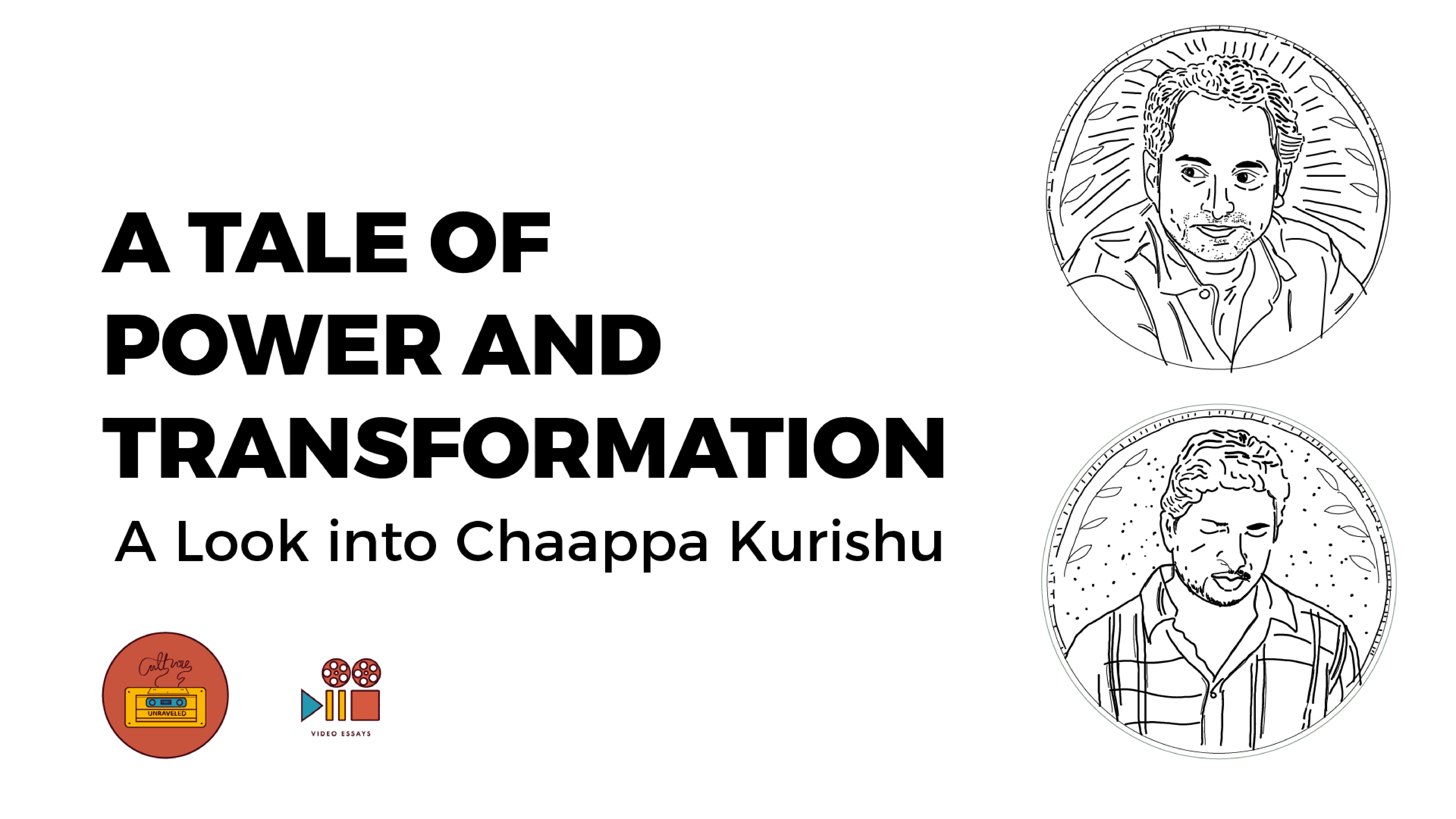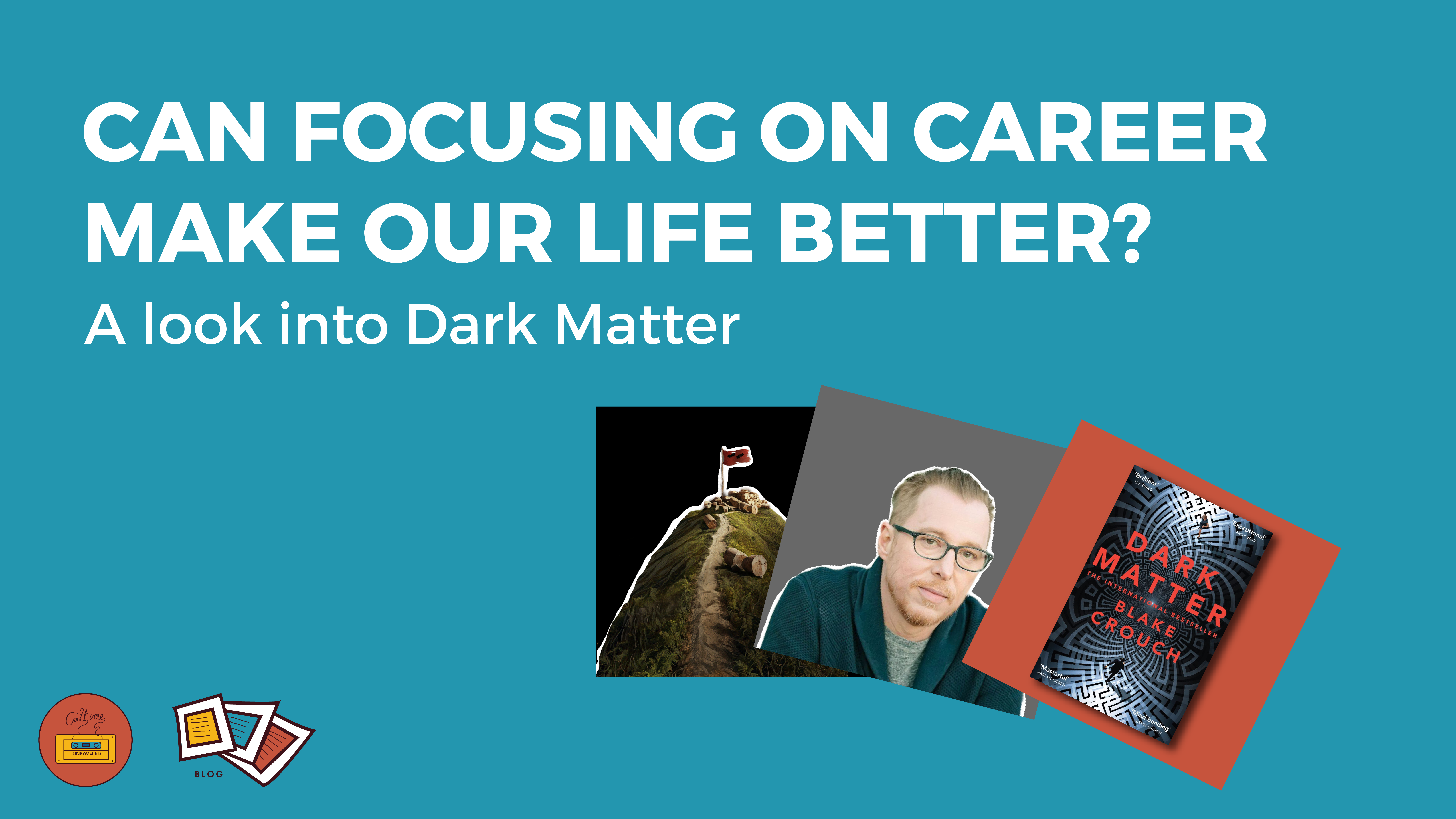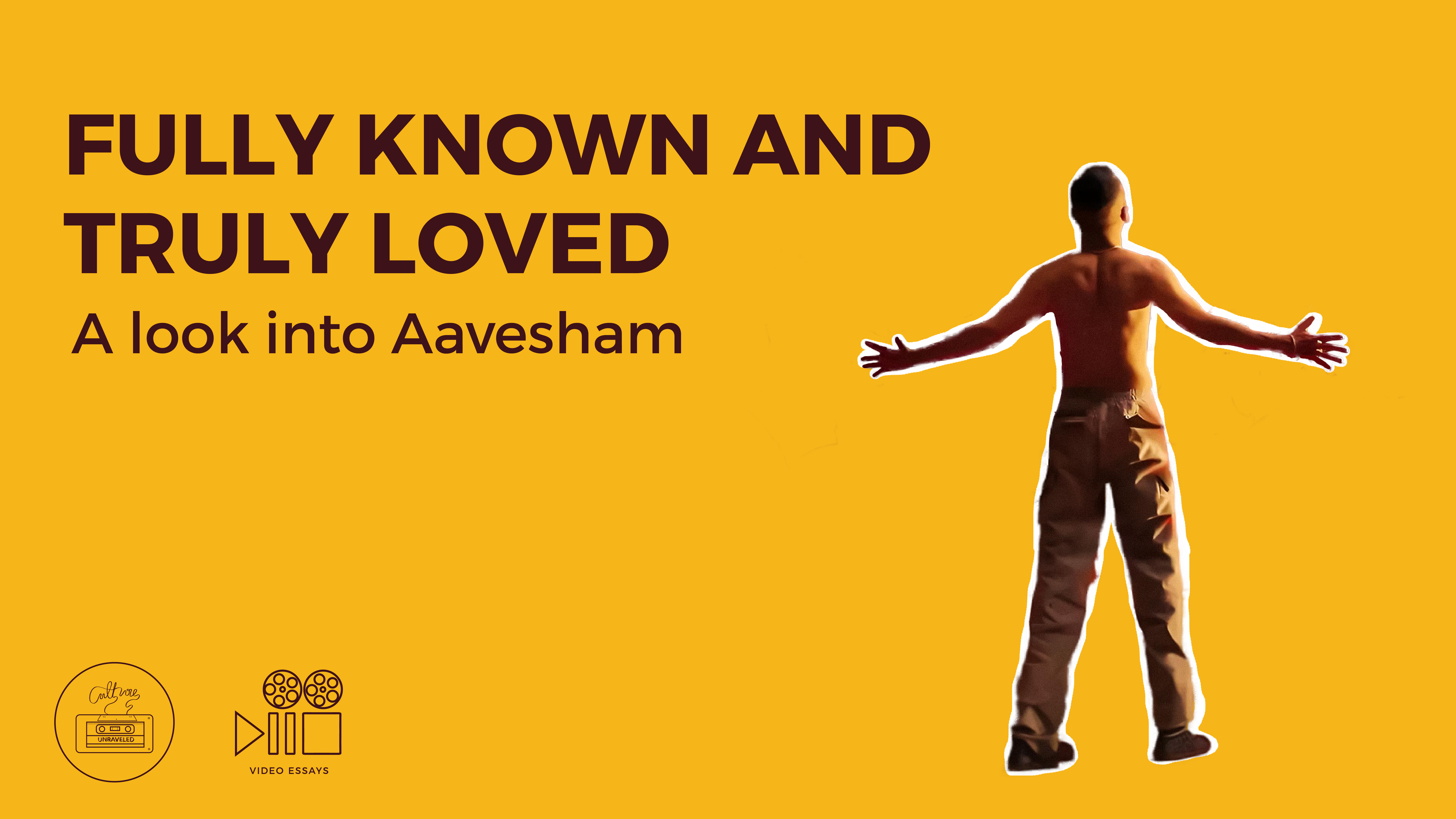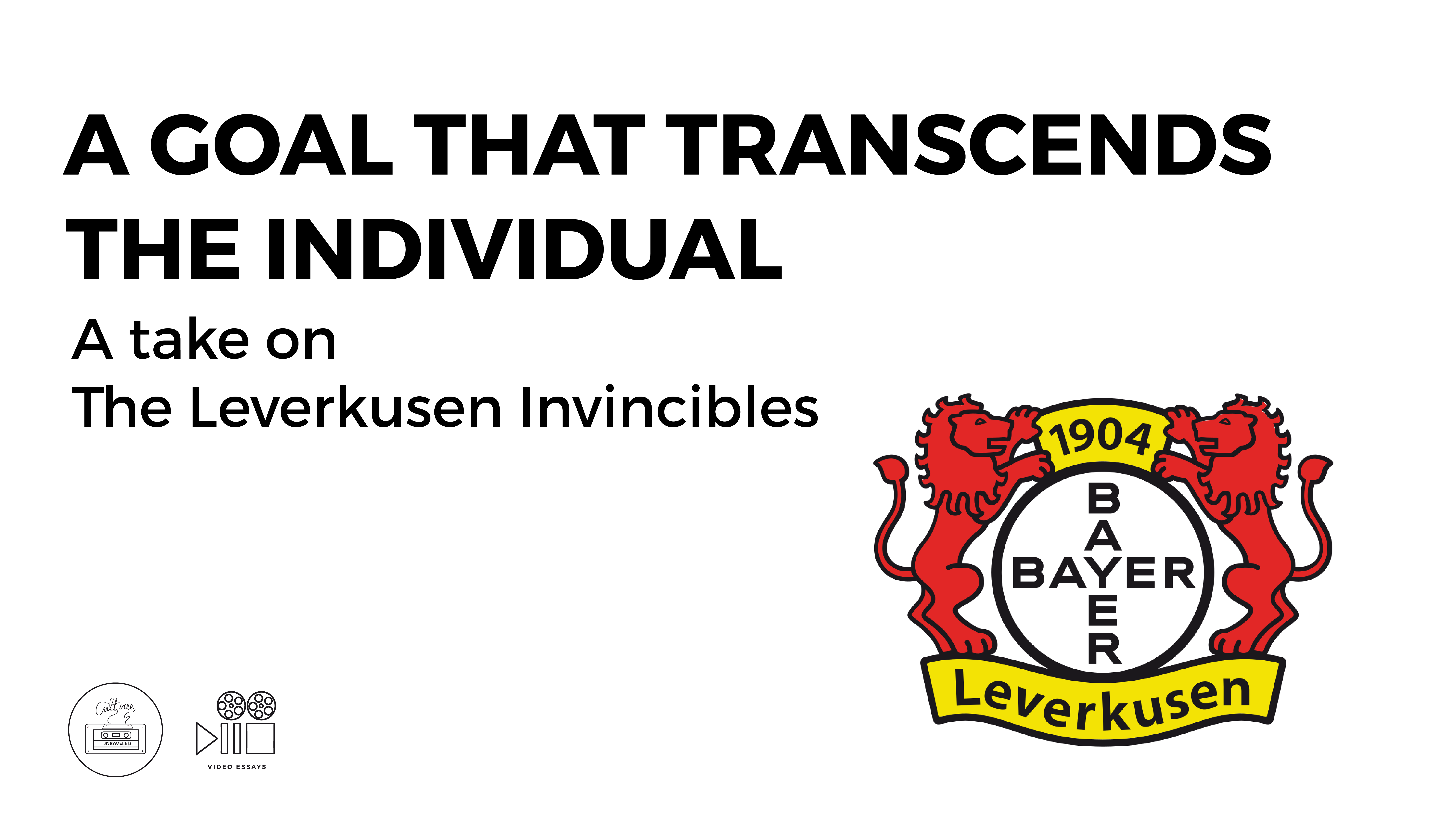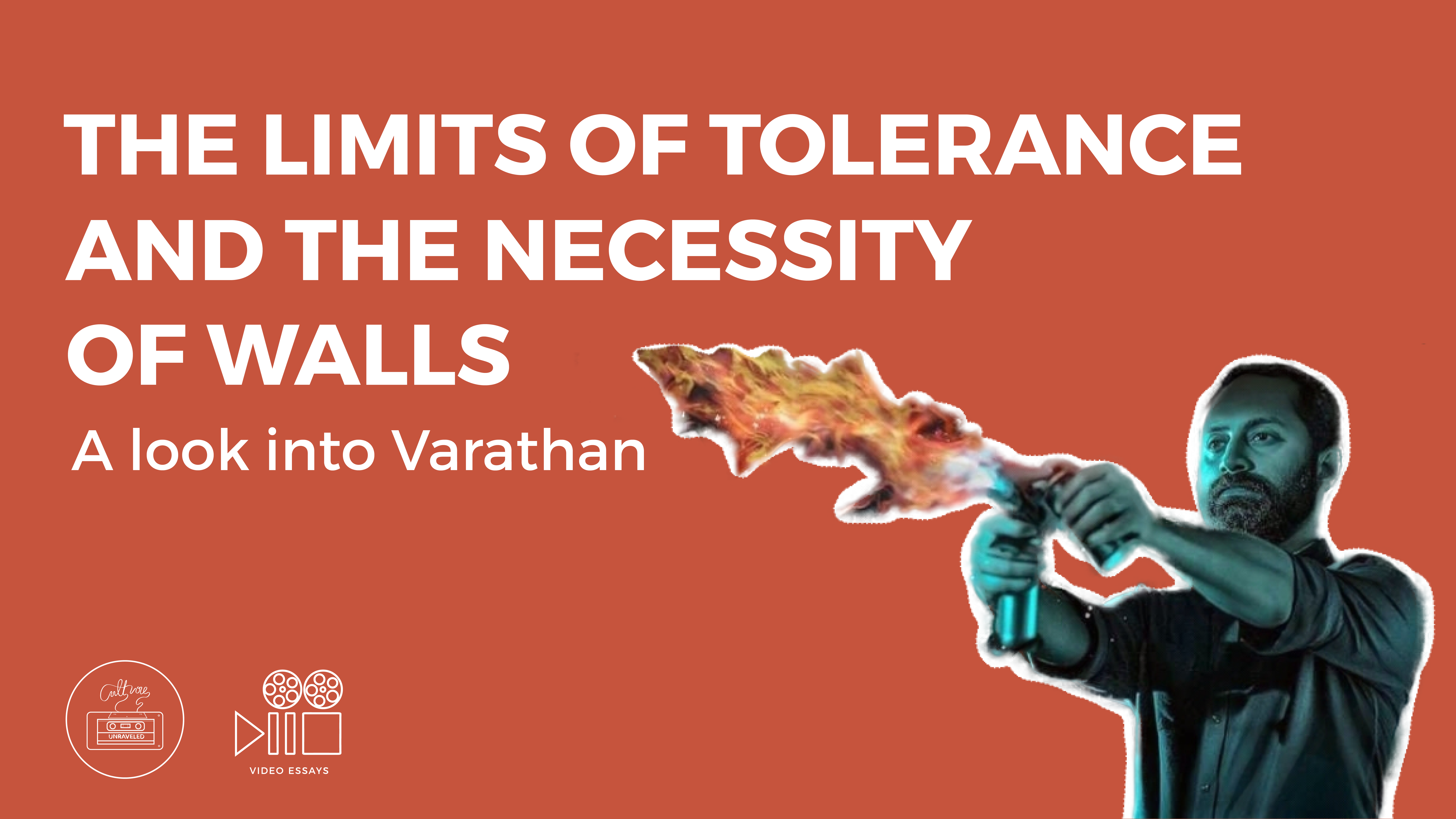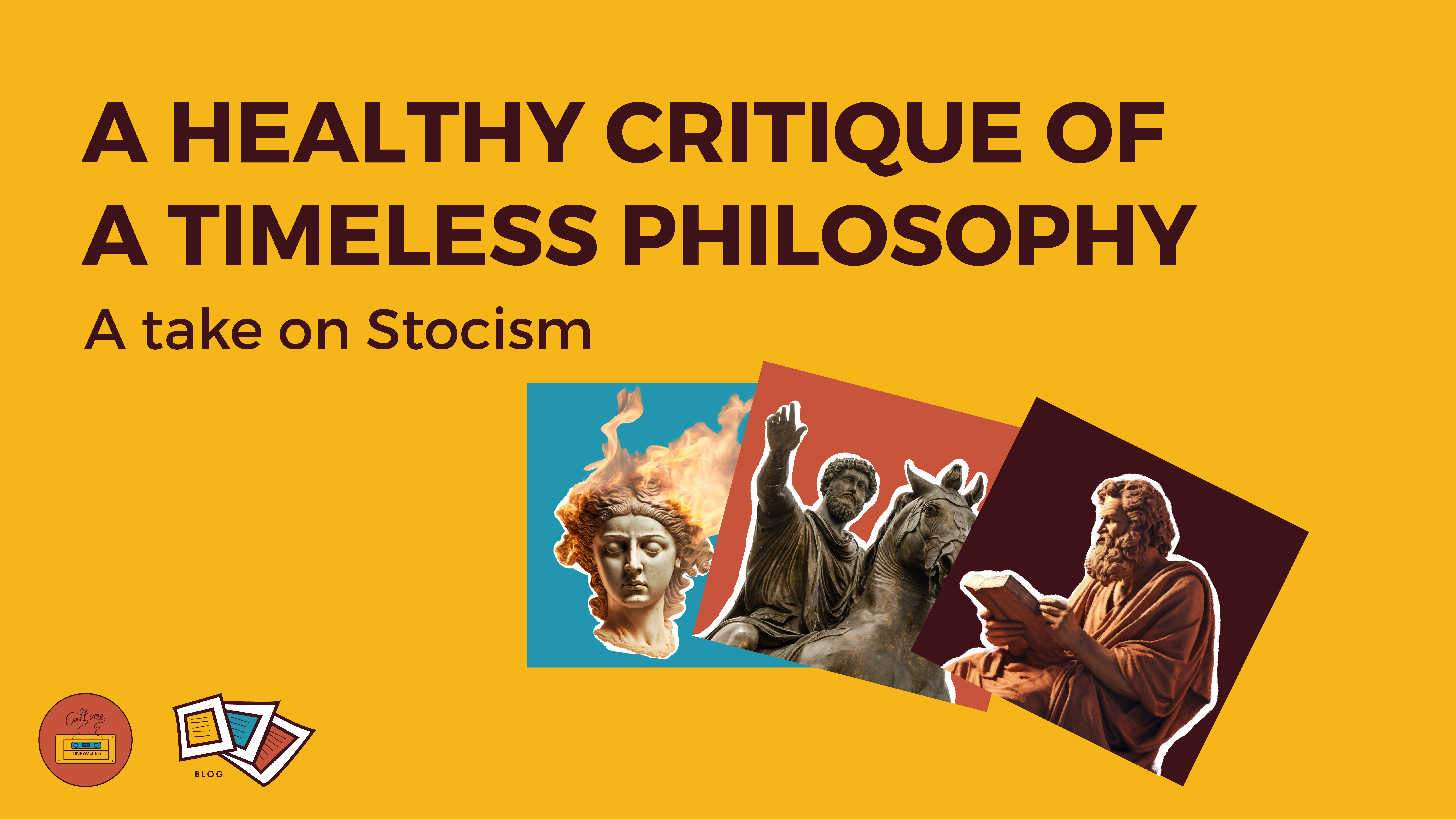
In an era characterised by constant change, the ancient philosophy of Stoicism offers a reservoir of information & wisdom to help face the complexities of the modern world. Rooted in the teachings of Greek and Roman thinkers like Epictetus, Seneca, and Marcus Aurelius, Stoicism is not merely an antiquated concept but a practical philosophy that can still be applied to our lives today.
Here’s Stoicism admittedly oversimplified into one sentence: “You can’t control what happens to you, but you can control how you respond to it.”
Marcus Aurelius, who’s series of personal writings which has now become popularly known as ‘Meditations’ and is one of the, if not the primary text within stoicism, was once the most powerful man in the entire world and yet he ruled Rome with humility, rationality, self discipline and extreme self control, and he was perhaps the perfect embodiment of a stoic.
With all this being said, it can seem like Stoicism is essentially flawless, and although, when understood properly some say it is, it is also valuable to understand in which areas it might hold one back and what you might lose out on as a result of embracing stoicism.
One critique of stoicism is that it tends towards the abandonment of any sort of, for lack of a better word; mysticism in life. The underlying meanings and symbolic understandings of the world would likely fade away if one was to fully embrace stoicism. Some say that this is a necessary sacrifice to pay for the emotional resilience and centred nature stoicism brings, but others say that seeing the world through a symbolic, spiritual, mystical or metaphysical framework provides its own version of emotional resilience and centred nature.
Now this is not to claim that stoicism and spirituality exist solely in opposition to each other, as many religious principles and ideas have built on early ideas of stoicism, but just to point out the tendency that the philosophy seems to have and to be conscious of it so one can perhaps achieve a healthy balance or combination of the two.
Another common critique of stoicism is also that an exclusive focus on the self may neglect the interconnectedness of society, but I think the opposite could be an even more valid critique. That stoicism doesn’t promote excessive isolation or individuality but instead that it can sometimes dampen or lessen the uniqueness and authenticity of the individual in an effort to dismiss the emotional and internal battles one faces. But those internal emotional struggles often hold vital information that can facilitate meaningful growth and to neglect that in the name of resilience can be harmful and even prevent someone from mature emotional growth. Or as writer Nat Eliason puts it, “Unfortunately Stoicism resonates with some people because it gives them permission to be emotionally unavailable”.
Now, perhaps all these critiques could be invalidated by a better and more holistic and thorough understanding of stoicism but that is the very point of these critiques, to form a necessary opposition to any sort of dogmatic imposition that stoicism may place on one.
The key lies in a reflective engagement. Holding a mirror up to Stoicism allows individuals to critically evaluate some of its principles without sacrificing the richness of emotions that contribute to a well-rounded, fulfilling and meaningful life.
_________________________________________
Written by Ben Joshua

